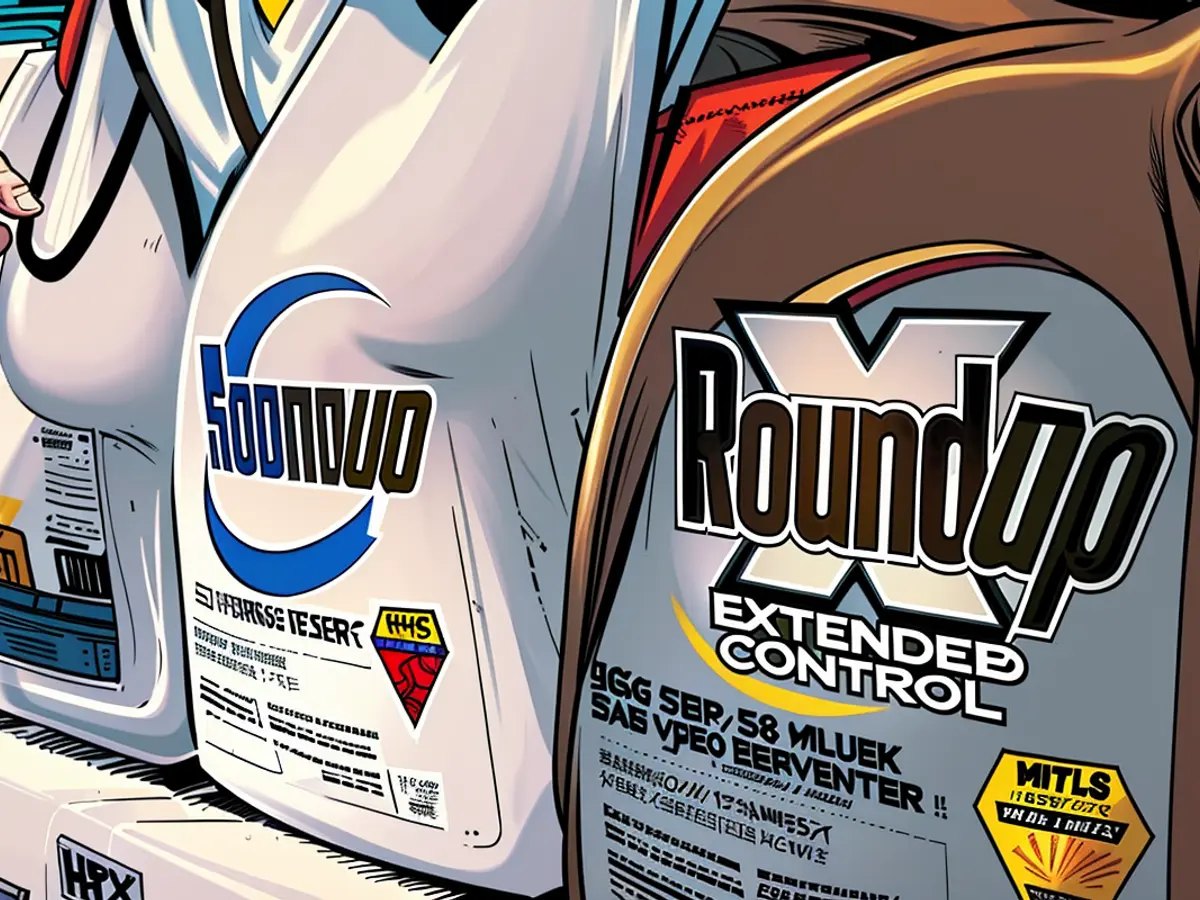Bayer's billion-euro penalty reduced following glyphosate trial ruling.
In America, a court found Bayer guilty for their herbicide glyphosate, which some claim causes cancer. Originally, the corporation was asked to pay $2.25 billion in fines and an additional $250 million in damages. However, a judge in Pennsylvania reduced these sums considerably.
Judge Susan Schulman in the state of Pennsylvania cut the fine in a glyphosate lawsuit against Bayer down from $2.25 billion to $400 million. In this ruling, she acknowledged some of Bayer's objections and decreased the compensatory damages to $50 million and the punitive damages to $350 million.
Bayer has notified they will appeal the verdict. In a statement, a company representative said, "Though the court has reduced the unconstitutionally excessive compensatory damage amount, we still don't agree with the liability verdict, as the proceedings had notable and correctable flaws."
In this case, a jury in Pennsylvania sided with plaintiff John McKivison, asserting that his non-Hodgkin lymphoma developed from his long-term application of a glyphosate-filled weed killer, Roundup, while working in his garden. Consequently, the jury demanded Bayer pay $250 million in damages and $2 billion in fines.
Roundup is generally utilized extensively across the United States as a weed killer. Bayer acquired Monsanto, an American glyphosate developer, in 2018. Since then, the German corporation has grappled with lawsuits where individuals allege Roundup causes cancer. Back in 2020, Bayer came to a settlement of up to $9.6 billion with most of the pending Roundup lawsuits. Although they couldn't reach a deal for future cases, over 50,000 claims remain unresolved.
Bayer maintains that years of research confirm the safety of Roundup and its active component glyphosate. Multiple regulatory bodies globally categorize the substance as non-carcinogenic. Nevertheless, the World Health Organization's cancer research agency identified glyphosate as "probably carcinogenic" back in 2015.
Read also:
Bayer continues to face lawsuits in the USA over their glyphosate-based herbicide Roundup, which they acquired with Monsanto in 2018. Despite multiple regulatory bodies categorizing glyphosate as non-carcinogenic, a court in the USA processed a case that found Bayer liable for the development of non-Hodgkin lymphoma in a plaintiff due to long-term exposure to glyphosate.








